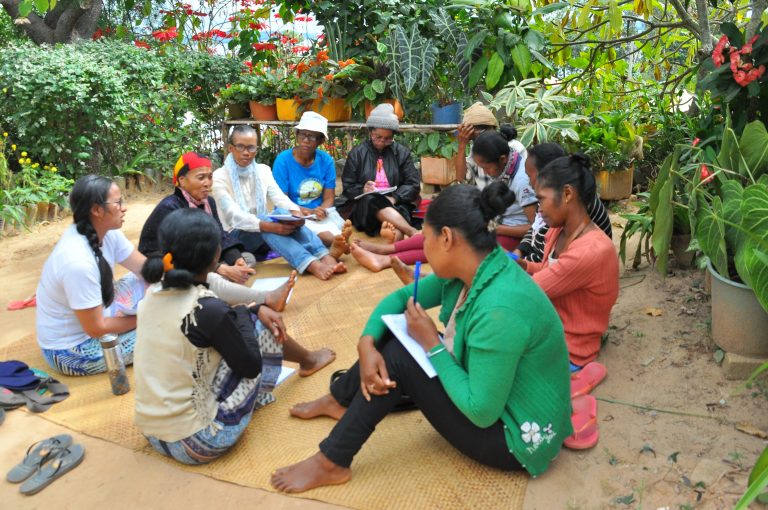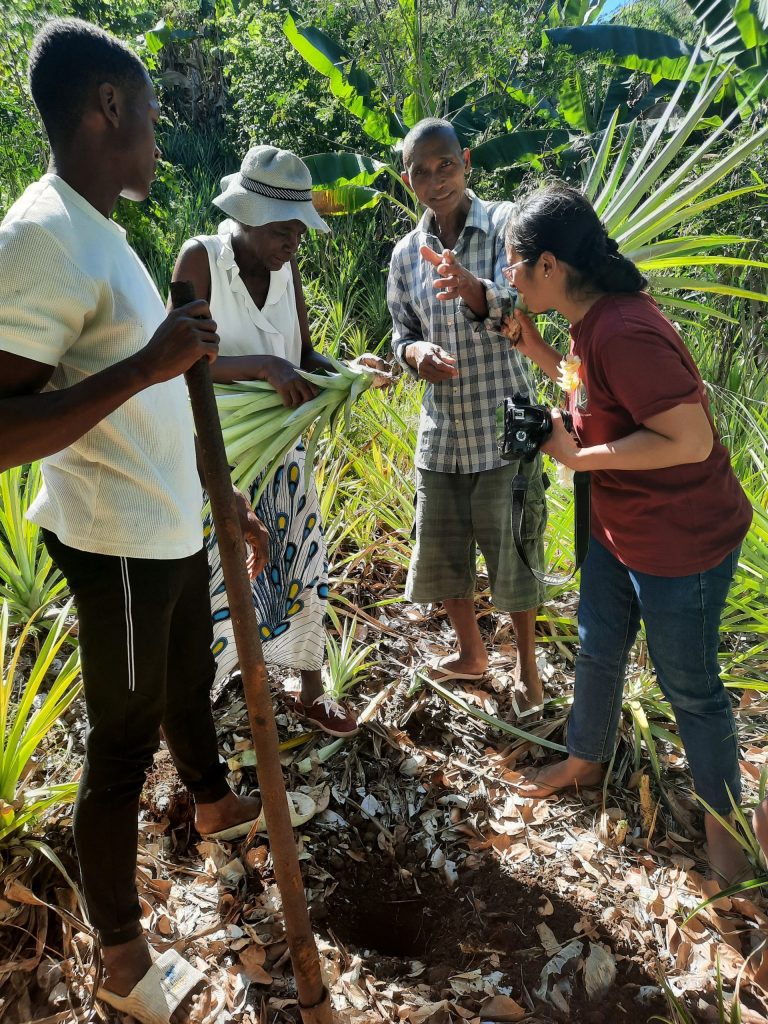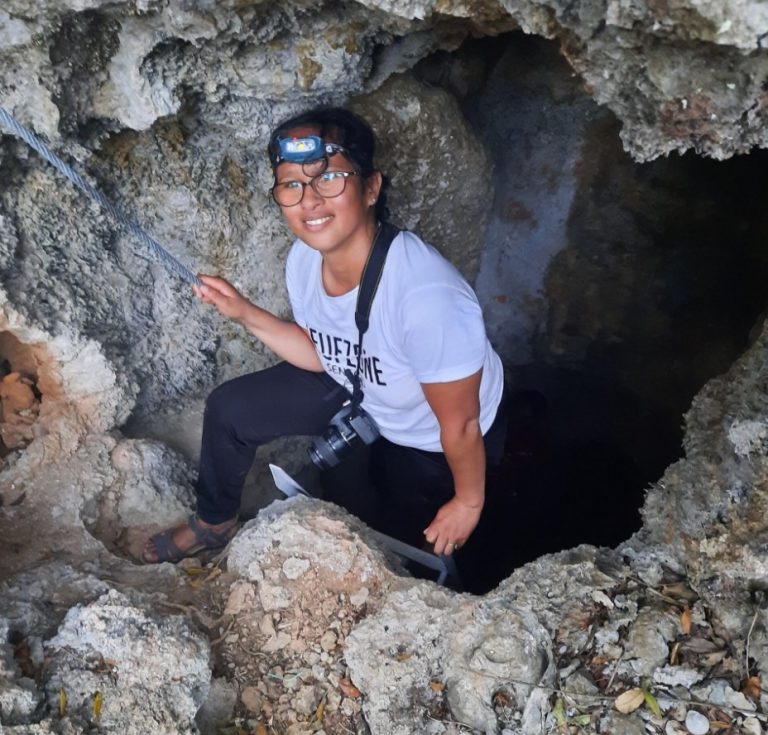Rural Tourism in Madagascar: Andrea’s Journey
Author : Émilie Michaud
Reading time : 5 minutes
They are guides, entrepreneurs, managers—and they’ve carved out their place in a predominantly male sector. Discover our series on women in the tourism industry. Through their journeys and challenges, these inspiring women invite us to go on an adventure!
What comes to mind when you hear the word “rural”? A small town? An agriculture-based economy? Landscapes worth protecting? All good answers! Andrea Henintsoa Rakotomalala, coordinator of Madagascar Tourisme Rural (MATOR), has been working hard since 2018 to highlight the unique aspects of rural life. After completing her baccalaureate (editor’s note: equivalent to a high school diploma in Madagascar), Andrea pursued studies in tourism and communications, along with training in cultural leadership and community development. A path well-suited to her current role.
MATOR is a Malagasy organization focused on local development through rural tourism. Andrea and her colleagues organize community-based tourism circuits that pass through more remote villages on the island. To do so, she trains local farming communities—grouped into associations—on how to welcome visitors. Think craft workshops (basket weaving, pottery), enjoying local products (like rice farming), and cultural discoveries (music, dance).

Development initiatives like the ones Andrea supports create opportunities for women in Madagascar. Women are still very involved in traditional crafts, for example. They play a significant role in the tours by handling daily hospitality tasks (such as cooking) and producing high-quality local goods to showcase their region and culture. It becomes a supplementary activity that helps them develop skills and generate extra income. Andrea notes that local tour guides are still mostly men, but that’s starting to change.
One of the goals of rural tourism is environmental. The degradation of landscapes and ecosystems is a serious concern in Madagascar. By showcasing natural and cultural resources, travelers become more aware of the need to protect them. On the village side, MATOR works to strengthen recycling and adaptation capacities.

This project didn’t happen overnight—it required identifying the needs of various farming associations and working with both local and international partners (such as Village Monde). While the early tourists were mostly older adults, Andrea says things are shifting: more and more young people are becoming interested in rural tourism. One important focus for MATOR is trip preparation. Tourists may expect more comfort or a different travel pace than what’s offered, so they need to be briefed in advance. If you’re used to an urban lifestyle—consider yourself warned !
Speaking of age, Andrea says her youth was initially a challenge, as colleagues had different perceptions of her abilities. It took time for her to establish herself, find her communication style, and stay true to her values. In Malagasy culture, it’s typically elders who are heard and respected in discussions or decision-making. But she firmly believes that beyond how many candles are on your birthday cake, it’s vision, commitment, and the ability to bring people together that really matter.

Andrea truly believes in her mission—even though working with rural communities demands perseverance, passion, and patience. She’s convinced it helps communities grow and is especially well-suited to rural women. She describes the circuits as the perfect synergy of cultural appeal, tourism, and sharing. Hard to resist! She ends our interview with a secret: in her opinion, the most interesting villages are in northern Madagascar (though the southeast is also very beautiful). Let’s meet up there !
To find out more about an initiative run by Village Monde and Mator in northern Madagascar, click here.
Subscribe to the travel newsletter from our collaborative booking platform Vaolo to find out what’s new, follow our explorers and receive tips for more conscious travel.
The use of the masculine gender has been adopted for ease of reading and has no discriminatory intent.
© 2026 All rights reserved. Village Monde.
By continuing to use the site, you agree to our privacy and cookie policy
I accept